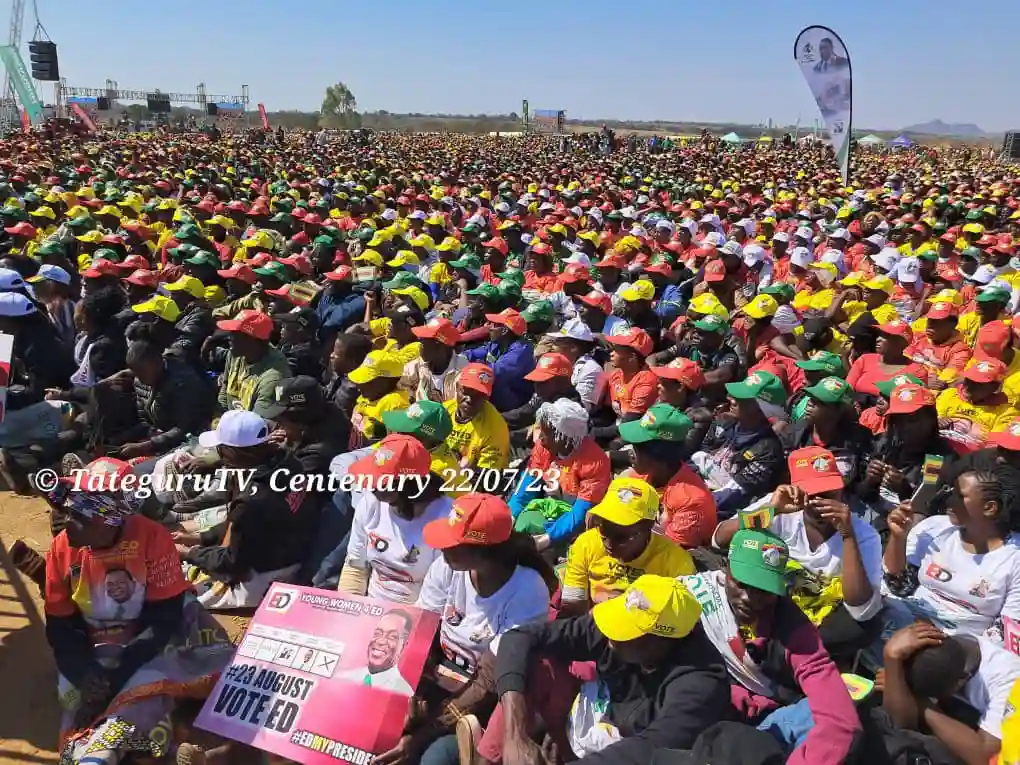ZANU PF national political commissar Mike Bimha has said the “2030, vaMnangagwa vanenge vachipo” slogan was not recognised in the party.
Members of the ruling party believed to be from a faction aligned to President Emmerson Mnangagwa launched the “2030, vaMnangagwa vanenge vachipo” (Mnangagwa will still be in office) campaign this year.
Some observers interpret this move as an attempt by the faction to amend the Constitution, enabling Mnangagwa to seek a third term in the upcoming 2028 general elections.
However, in an exclusive interview with NewsDay on Friday last week, Bimha said the “2030, vaMnangagwa vanenge vachipo” slogan did not come from the party’s commissariat. He said:
The commissariat never said we have a new slogan. I don’t know. It didn’t come from the commissariat. People are free to express themselves in their own way.
I want to suppose that they are saying in 2030 VaMnangagwa will still be alive and I think it’s a good wish for him to be still alive even beyond that. There is no problem with that.
Bimha also ruled out the possibility of an election before 2028, saying ZANU PF respects the Constitution. He said:
ZANU PF follows the Constitution. Elections come every five years. We had elections and we won those elections. Elections will come again in 2028 and we will win anyway. That is where we are.
We are always ready for any election, even if it comes tomorrow, we are ready. What happens soon after the elections is that our focus changes.
We are focusing on economic issues, fulfilling the promises that we made to our electorate and also ensuring that the government in particular delivers on those promises.
Some political commentators say when Mnangagwa said “2030 ndeendichipo,” he was expressing his commitment to remain in power until the year 2030. The phrase translates to “I will still be around in 2030” in ChiKaranga (a Shona dialect).
Section 91 of the constitution outlines qualifications for presidential candidates. It explicitly states that an individual is disqualified if they have already held the office of President for two terms, regardless of whether those terms were continuous or not.
Section 328 (7) of the constitution further restricts incumbents from benefiting from any constitutional amendment that extends the length of time in office.
In other words, even if ZANU PF was to amend the constitution to allow third terms, Mnangagwa, as the incumbent, would not benefit from such an extension.
The legal precedent set by the case of Mupungu v Minister of Justice and others (CCZ07/21) sheds light on this matter.
In that case, the court ruled that prescribed term limits cannot be extended to apply to sitting incumbents without contravening section 328 (8) of the constitution.
Meanwhile, Mnangagwa earlier dismissed the claims that he wants to run for the third term saying he abides by the Constitution which limits the Presidency to two terms.
More: Pindula News

